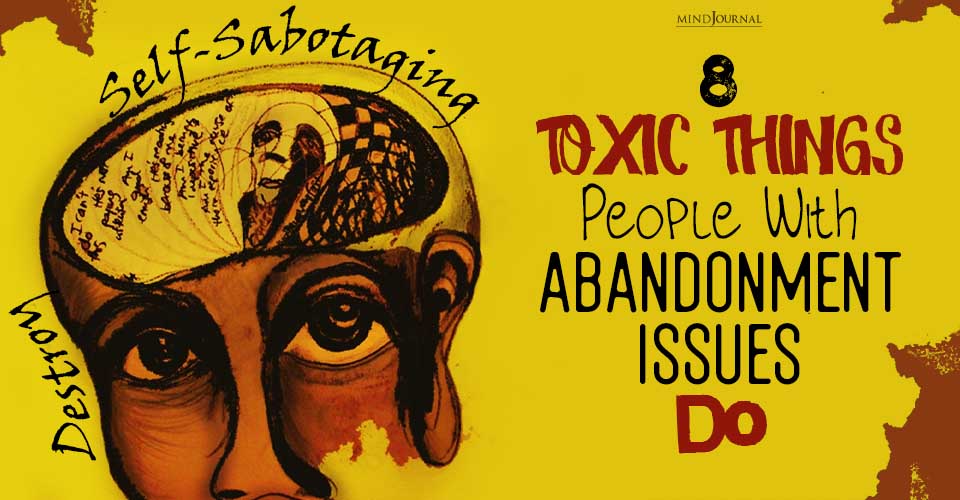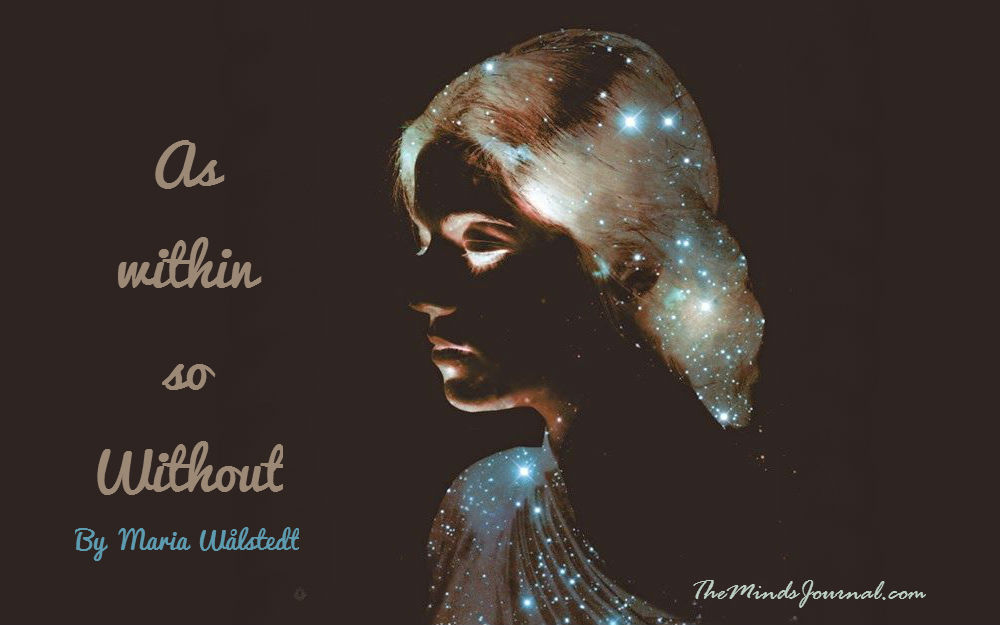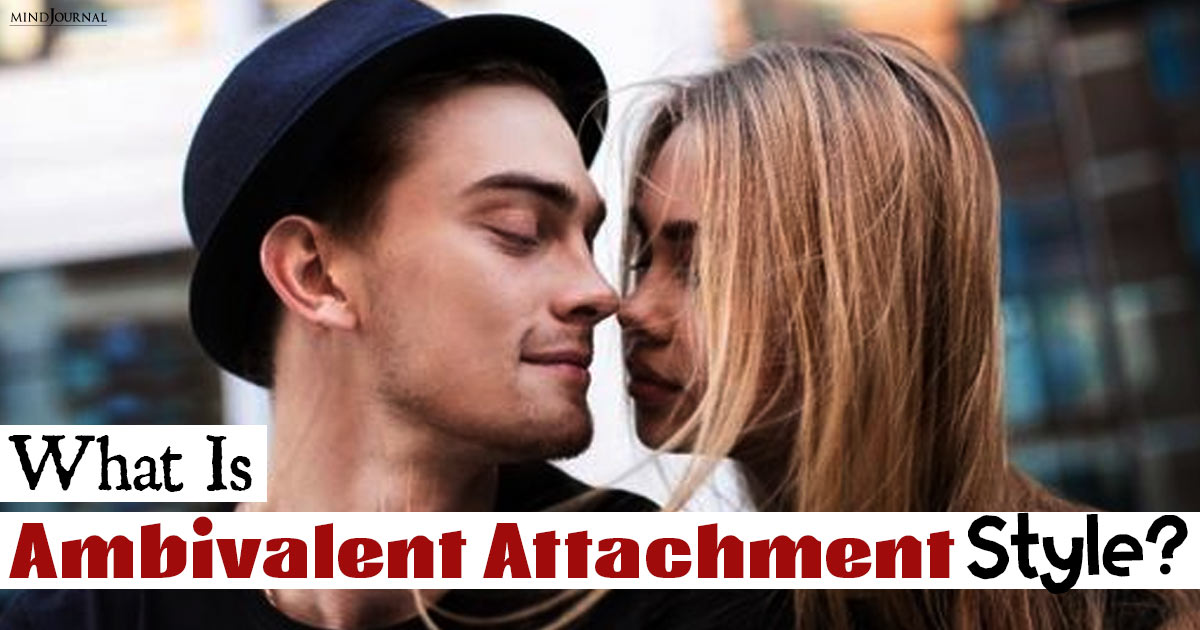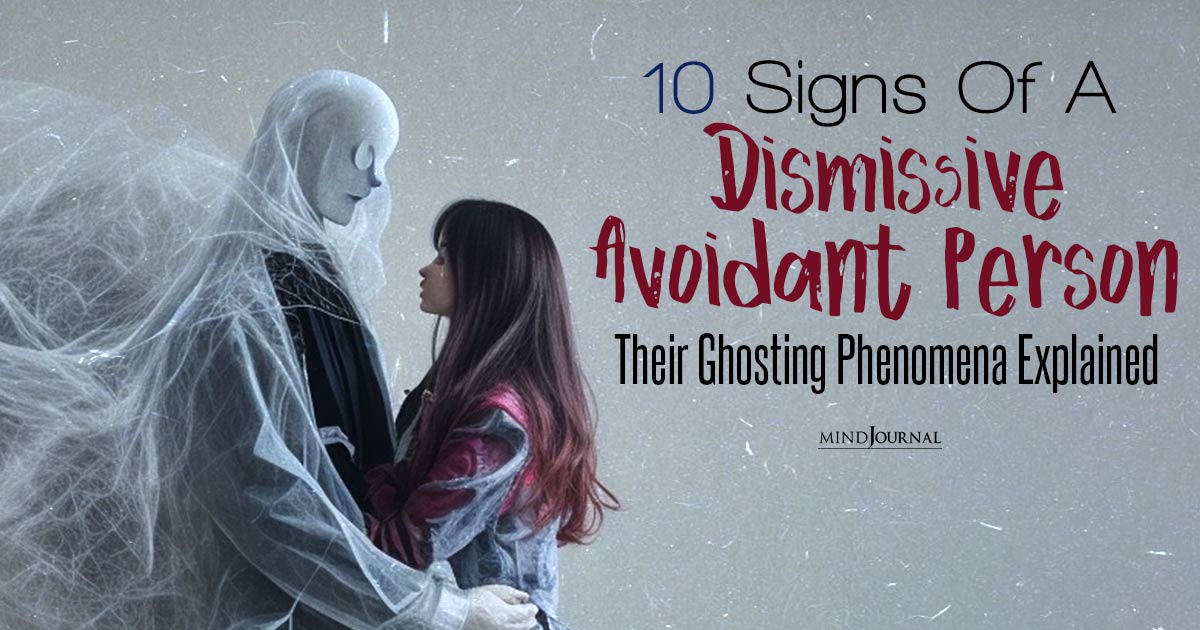There is a difference between letting go and giving up and that difference lies in your attitude. Giving up is quitting and allowing your fear to limit your opportunities. Whereas, letting go is simply setting yourself free from something that was never meant to stay and it takes courage, a lot of it.
If you love somebody, setting them free has got to be the epitome of good advice that NOBODY wants to follow. It seems counterintuitive to everything we have been taught about love–love is something we FIGHT for, we SUFFER with; “Ain’t no mountain high enough to keep me from you” and all that.
Letting go seems a risky endeavor at best; most of us would no sooner release a dangerous criminal from prison than emancipate someone from what we believe are the safe and sound confines of our love.
Because love is ALWAYS a good thing, right? How can loving someone ever be equated to a “trap”?
As common as divorce has become in our society, it has been stigmatized to such a degree that most people feel very obligated to build a loud and messy case for their reasoning; unfortunately, this means that somebody (often both somebodies) gets cast in the role of villain.
Divorce is still seen as the embodiment of “giving up” (especially when children are involved) and this makes what is already one of the most stressful experiences a human can go through feel like an indictment.
Children are facing the permanent disruption of their family life; must they also be subjected to the notion that their parents are “failures”?
What if we could treat divorce with the same reverence we have for marriage?
Acknowledging the importance of this major life decision that obviously has not been made lightly and celebrating the potential for new life and new growth that will result? Respecting the bravery that is required for all endings and the courage that will be needed to move forward?
Related: 5 Situations When Divorce Is The Best Parenting Decision You Can Make
Letting Go Of A Relationship That Isn’t Working Not Only Makes Sense, It Is Actually The Most Loving Thing You Can Do.
It is acknowledging that both you and your partner deserve to be happy; it is shifting the energy of the relationship from obligation back to choice. We have been sold this idea that when we “commit” ourselves to one another, we no longer get to choose.
Richer, poorer, in sickness and in health…it is now predetermined that these will be endured together for as long as you both shall live. I think this actually STIFLES the love we feel for each other instead of enhancing it. It is far more evolved and romantic to start each day with the understanding that while we could choose differently, we actively choose each other over and over again.
Not because we HAVE to; because we want to.
This is not necessarily an argument AGAINST marriage; it is more definitively an argument FOR freedom. The “rules of love” seem to me to be a contradiction in terms. Rules are meant for maintaining an institution; agreements are the bedrock of mutual respect. Rules are rigid and confining; agreements are fluid and mutually agreeable. There is nothing more damaging to a love relationship than rigidity.
When we are flexible, the relationship can blossom instead of remaining tightly coiled. There is something a bit tragicomic that the main argument against freedom in a romantic relationship is the belief that it would encourage infidelity.
Even though I do not believe this is necessarily true, I am going to go out on a limb and say, “So what if it does?” If we accept the premise that infidelity is a symptom and not the cause of an unhealthy relationship, then what are we so afraid of?
Having to admit that we have an unhealthy relationship? Is it better to pretend otherwise? I’m sorry, this rationale seems crackers to me.
When we see anyone we care about struggling (and we ALL are struggling with SOMETHING), our overriding impulse is to jump in and “fix it” somehow. This is neither our responsibility nor our right. And it very rarely works, anyhow.
We are meant to heal our OWN struggles and to give others the support and the acceptance to feel safe to heal theirs. This is the internal contradiction of freedom that so many people miss; confinement feels like a secure choice. But in fact, it is the open-hearted acceptance of each other AS-IS that is our safest stance.
No longer are we looking to the people we love to make us happy with the behaviors we deem acceptable. Now we are taking responsibility for ourselves and luxuriating in the freedom to be who we are. Mandated actions are given up in favor of organic choices, mutually agreed upon, and respectfully made.
Related: 6 Buddhist Practices For Letting Go Of A Relationship
Letting go IS NOT giving up!
It is a release of expectations, and understanding that the more open we are, the greater the number of possibilities for contentment will be.
In our goal-oriented, driven society, we are taught to “keep our eye on the prize”. I’m not going to comment on whether or not this is the “best” way to achieve success, but I am going to say that being goal-oriented in a relationship is a really inorganic way to approach it.
Think about the evolution of your greatest friendships; the natural growth and deepening of bonds over time, the absolute certainty that even when you are not in constant contact the relationship remains whole, intact, and available when needed. We are able to maintain these joyful connections because we were never out to “get” something from each other; the sharing of the journey was the entire premise.
Now, what if we could experience romantic love in the same way? Trusting the bond enough to allow the other to be whole without us? Choosing each other over and over again is not out of need, never out of obligation but instead because we don’t want to miss witnessing the evolution of a beloved.
Do you want a partner or a prisoner? A lover or a lackey?
If you love somebody set them free. If you are afraid to do this because you are afraid you will then be alone? Then you are the one who is living in a prison.
You are the person you must love enough to emancipate; release yourself from the idea that any relationship defines you and be open to the endless possibilities for your happiness.
Written By Kara Post-Kennedy
Originally Appeared In The Goodmen Project
Letting go is not always a bad thing as it is made out to be. Sometimes, the best thing you can do for the person you love is to let them go. It takes a lot of courage to do this, never for once think that you are weak because you chose to do it.
If you want to know more about letting go, then check out this video below:












Leave a Reply